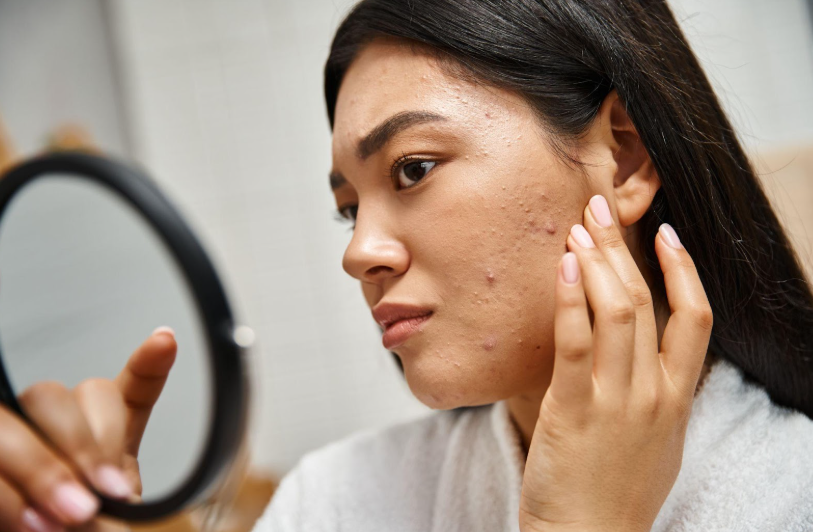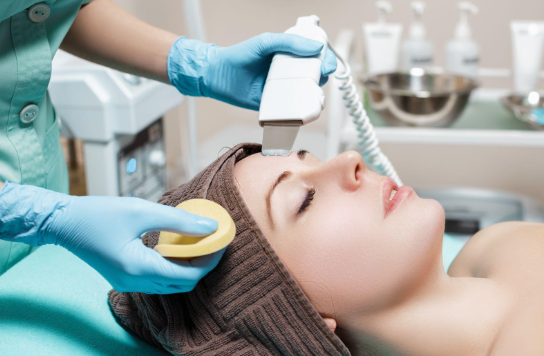Psoriasis & Psoriatic Arthritis
Many people who have psoriasis will have this medical condition for like. It is possible to see clearer skin by learning about psoriasis and seeing a dermatologist for the newest treatments available.
What causes psoriasis?
Research shows that the person’s immune system plays an important role in psoriasis. It seems that the immune system mistakenly activates a type of white blood cell called a T cell. Once activated the T cell trigger a reaction that causes many inflammation cells to be produced. These inflammatory cells cause the skin cells to grow too quickly. New skin cells form in days rather than weeks. The body does not shed these skin cells, so the cells pile up on the surface of the skin and produce lots of white scale where the psoriasis is located on the skin.
Despite the ways psoriasis looks on the skin, psoriasis is not contagious. People who get psoriasis may have a blood relative who also has psoriasis, indicating that to get psoriasis a person must have the genes for psoriasis.
Scientists have learned that not everyone who inherits the genes for psoriasis gets psoriasis.
For psoriasis to appear, it seems that a person must inherit the right mix of genes and then be exposed to a specific trigger factor.
What are some of the triggers for psoriasis?
Different people have different trigger factors. Common triggers include stress, infections especially strep throat, and winter weather.
Many people see their psoriasis flare during the winter or a particularly stressful time. A scratch or a bad sunburn can also trigger psoriasis. For some people, psoriasis flares about 10 to 14 days after an injury to their skin.
Some medications can trigger psoriasis, including lithium, some medications that are used for lowing blood pressure, and some medications taken to prevent malaria. When a woman gets pregnant sometimes her psoriasis may flare up or even gets better depending on each individual case.
What are the types of psoriasis?
- Plaque Psoriasis
- Scalp Psoriasis
- Nail Psoriasis
- Guttate Psoriasis
- Pustular Psoriasis
- Inverse Psoriasis
- Erythrodermic Psoriasis
Watch the Pine Belt Dermatology Blog over the next two weeks for future discussions about the types of psoriasis and the new and currents treatments for psoriasis.
Direct any questions about your Psoriasis to our blog PBD.providers@pinebeltderm.com and I will respond to any of your concerns.






